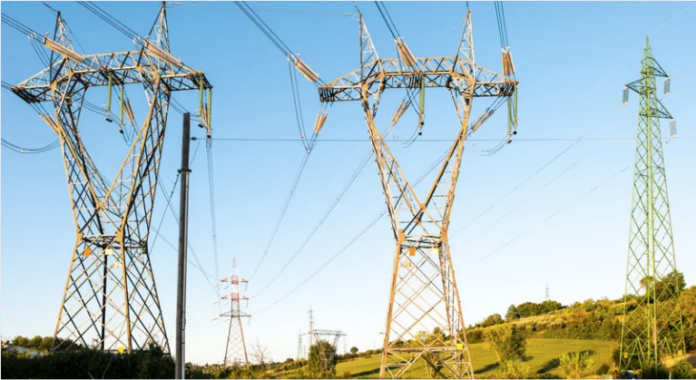ISLAMABAD:The government on Thursday rolled out the Roshan Maeshat Power Package, a three-year concessional electricity scheme aimed at lowering industrial and agricultural production costs and utilizing more than 7,000 megawatts of idle generation capacity.
Prime Minister Shehbaz Sharif launched the initiative at a high-profile event in Islamabad, calling it a key step toward restoring competitiveness and accelerating economic recovery. Effective from November 2025 to October 2028, the package will provide electricity to industries and farmers at a uniform base rate of Rs22.98 per unit, with tiered discounts linked to higher output and consumption growth.
Under the Roshan Maeshat Power Package, a progressive tariff structure has been introduced that links electricity discounts directly to productivity increases. Industrial units achieving 25% growth in output will be billed at Rs32.5 per unit (Rs41.6 including tax), reflecting a Rs3.1 reduction. Firms showing 50% growth will pay Rs30.9 per unit (Rs39.6 including tax), while those doubling production will be charged Rs28.9 per unit (Rs37 including tax) — representing a Rs7.6 per unit cut from the current Rs44.7 post-tax tariff.
The current average industrial tariff stands at Rs34.9 before tax and Rs44.7 after tax, or roughly 15.8 US cents per unit, meaning the maximum discount provides relief of about 2.7 cents per unit at full capacity utilization.
For the agriculture sector, where power currently costs Rs38.3 per unit (including tax), the plan offers relief based on increased consumption. Farmers achieving 25% growth will be charged Rs36.1 per unit, those with 50% growth will pay Rs34.6, and those doubling use will pay Rs32.8 per unit, amounting to savings between Rs1.8 and Rs5.5 per unit.
Agricultural users will also receive substantial relief, with current rates of Rs38.3 per unit (including tax) dropping to Rs36.1, Rs34.6, and Rs32.8 per unit at 25%, 50%, and 100% incremental consumption levels, respectively. Power Division said the reduction would help lower input costs for water-intensive crops such as wheat, sugarcane, and rice, while improving farm productivity and rural incomes.
Sharif said the package would enable industries to “run at full potential” without shifting the burden to domestic users, as its fiscal cost would be absorbed through budgetary adjustments. He cited last winter’s incentive program, which led to an additional 410 gigawatt-hours of consumption, as proof that tariff reductions can stimulate output and job creation.
Federal Power Minister Sardar Awais Ahmad Khan Leghari described the plan as a “rational utilization of surplus capacity” that had remained unused due to prohibitively high tariffs. “We were sitting on more than 7,000 megawatts of unused electricity like a giant serpent. Now, after recalculating costs, we’ve made it affordable for industry and agriculture,” he said, noting that industrial tariffs have already fallen by Rs16 per unit over the past 18 months.
Industry sources said the lower rates could cut manufacturing costs by 12–15% across export-oriented sectors such as textiles, cement, and engineering. Pakistan’s large-scale manufacturing output rose only 1.7% in FY2024, according to the Pakistan Bureau of Statistics, underscoring the need for measures to spur activity and employment.
The Roshan Maeshat Power Package aligns with the Ministry of Energy’s 2025–28 industrial policy and forms part of the government’s broader strategy to revive Pakistan’s productive base. By easing energy costs, the initiative is expected to boost exports, attract new investment, and support Prime Minister Shehbaz Sharif’s goal of sustainable, industry-led growth.




